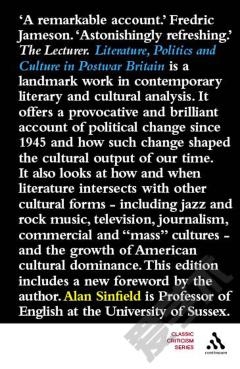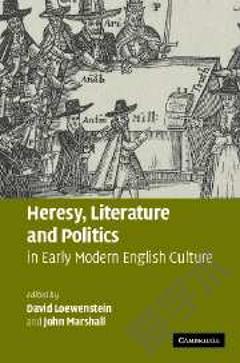Literature, Gender and Politics During the English Civil War
In this innovative study, Diane Purkiss illuminates the role of gender in the English Civil War by focusing on ideas of masculinity, rather than on the role of women, which has hitherto received more attention. Historians have tended to emphasise a model of human action in the Civil War based on the idea of the human self as rational animal. Purkiss reveals the irrational ideological forces governing the way seventeenth-century writers understood the state, the monarchy, the battlefield and the epic hero in relation to contested contemporary ideas of masculinity. She analyses the writings of Marvell, Waller, Herrick and the Caroline elegists, as well as in newsbooks and pamphlets, and pays particular attention to Milton's complex responses to the dilemmas of male identity. This study will appeal to scholars of seventeenth-century literature as well as those working in intellectual history and the history of gender.
{{comment.content}}








 京公网安备 11010802027623号
京公网安备 11010802027623号